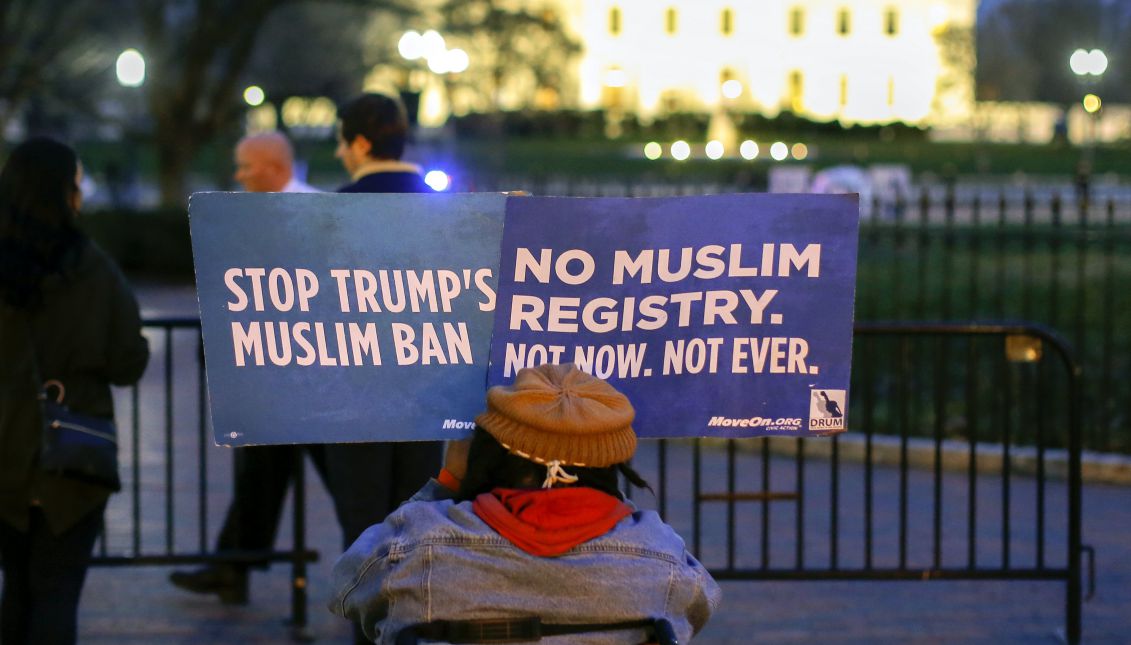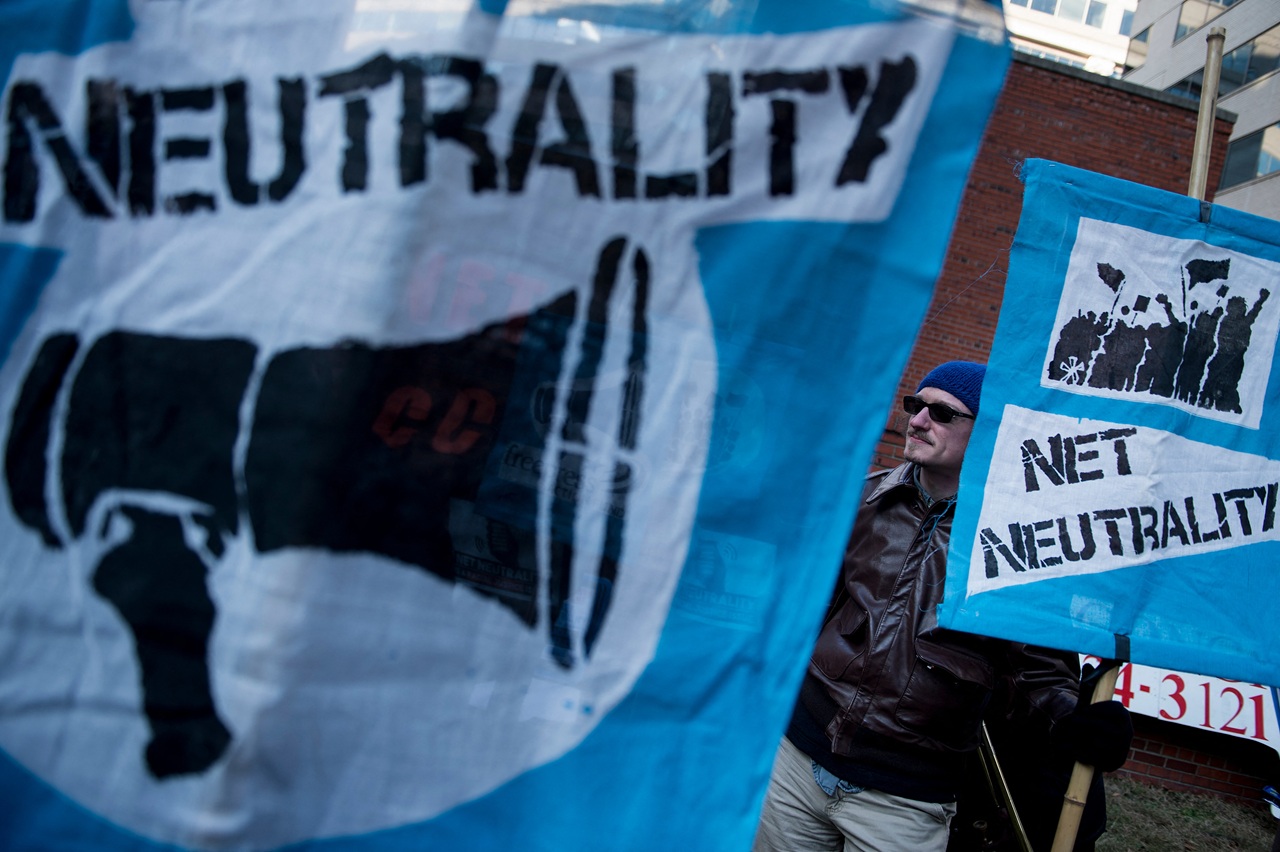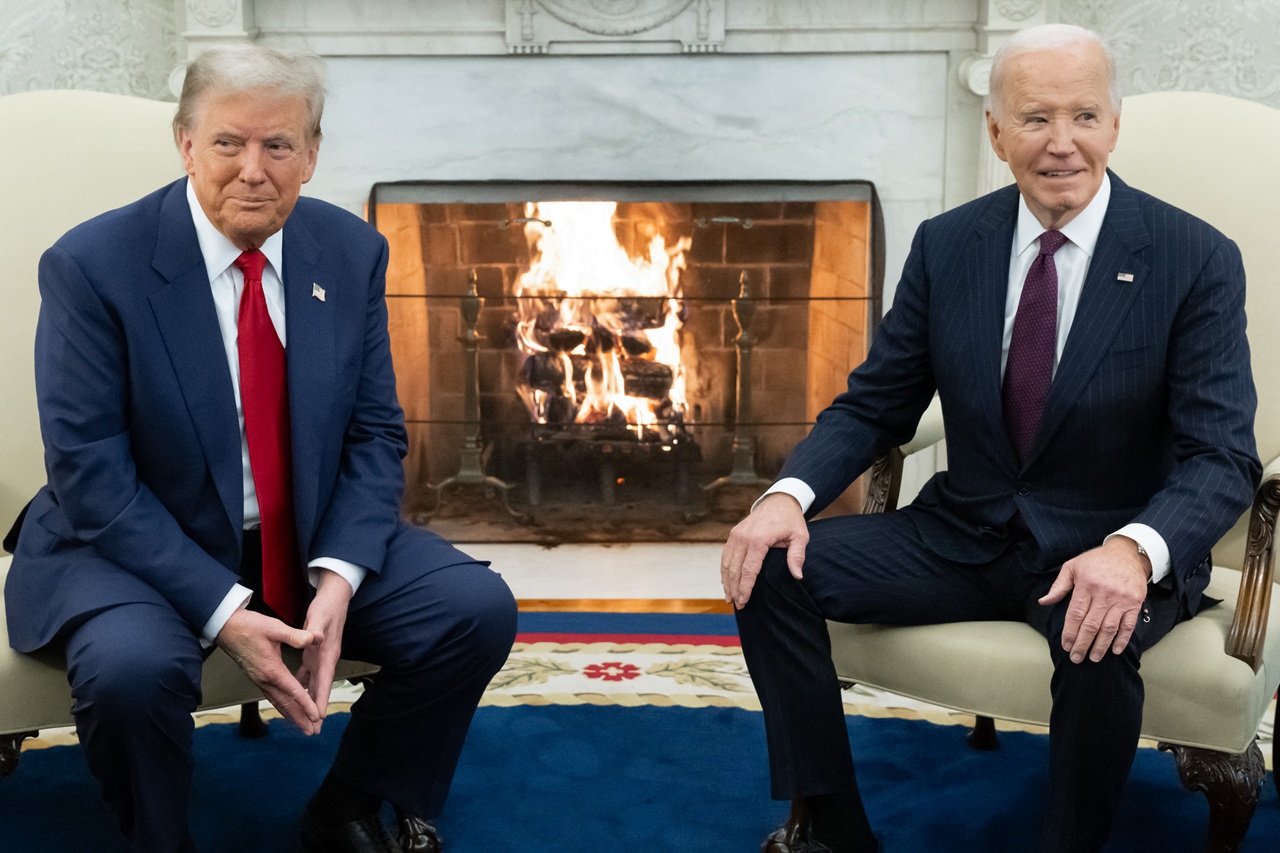
Has the Travel Ban Become Trump's Worst Enemy?
After a federal judge in Hawaii blocked the revised version of Trump’s travel ban on Wednesday, a judge in Maryland quickly followed suit, both of them ruling that the new executive order was essentially the same as the old one.
Trump's original travel ban suspended US entry for all refugees as well as travelers from a group of Muslim-majority countries: Iran, Iraq, Libya, Somalia, Sudan, Syria and Yemen.
Among the alterations made in the revised order were the removal of Iraq from the list of targeted nations and an exemption for lawful permanent residents and travelers who obtained US visas ahead of Jan. 27, when it was announced. The revised order also does not indefinitely bar Syrian refugees from entering the US.
The federal judges who issued the latest stays found that Trump's order did not offer solid evidence of a terrorist threat and was unconstitutional because it discriminated against people on the basis of their religion.
"The danger (of terrorists entering the US) is real. And the law is clear," said the White House spokesman, Sean Spicer, who added that the court in Hawaii did not quote the relevant statute in its ruling.
Spicer was referring to 8 U.S. Code 1182, which states that the president may suspend the entry of any aliens or class of aliens - by proclamation and for the length of time he deems necessary - if he finds their presence in the US would be detrimental to the country's interests.
US President Donald Trump's administration will appeal rulings by two federal judges who blocked his second attempt to institute a travel ban, the White House's spokesman said Thursday.
CONTENIDO RELACIONADO
Spicer said Trump had the authority to impose a 90-day ban on the issuance of visas to people from six Muslim-majority countries - Libya, Sudan, Somalia, Syria, Yemen and Iran - and halt the United States' refugee program for 120 days.
He added that the Trump administration was exploring all available options to vigorously defend the revised executive order, as reported in EFE.
While Trump has made the travel ban's his own worst enemy, Derrick Watson, the Hawaii judge who blocked Trump's latest executive order, has become the center of attention:
One Fox News commentator called his ruling “judicial tyranny”. President Trump himself called it “unprecedented judicial overreach”. On social media, amateur sleuthsnoted that Judge Watson had graduated from the same Harvard Law School class as Barack Obama (in 1991), and even noted that Obama had been in Hawaii on the day of the ruling, as though they had cooked it up together, as reported in The Guardian.
One thing is beyond doubt: Judge Derrick Kahala Watson, the only native Hawaiian currently serving as a US federal judge, has made himself a national lightning rod with a ruling that admirers and detractors alike have described as pointed and outspoken.










DEJE UN COMENTARIO:
¡Únete a la discusión! Deja un comentario.